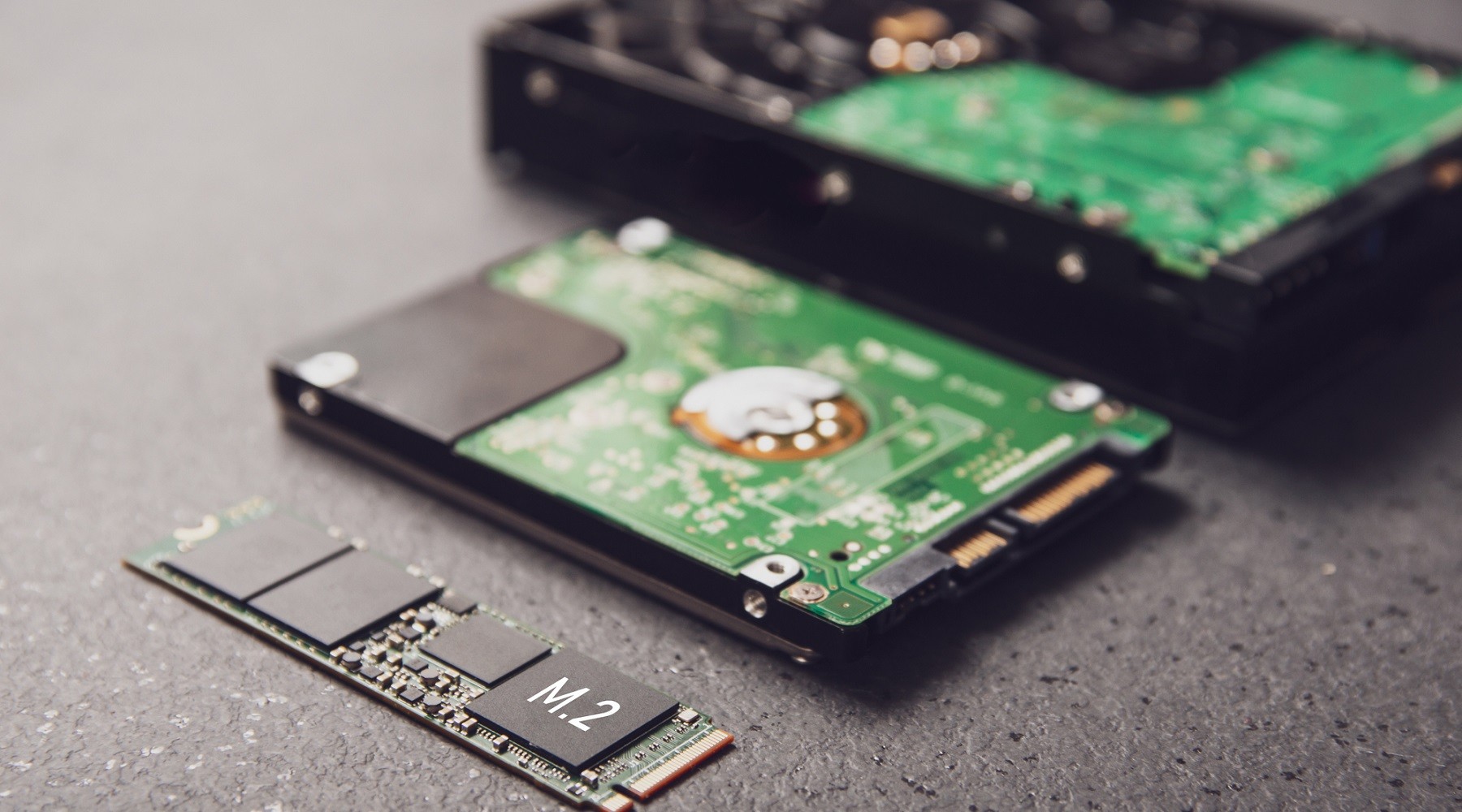
A Dedicated Hosting Server is a fast, secure, and reliable solution for your hosting needs. It has a much higher potential than other hosting services, effectively enhancing your website’s performance.
However, when you get your Dedicated Server Hosting, you might need clarification about which one to select — SSD and HDD dedicated hosting.
Choosing a Managed Dedicated Server with SSD or HDD should depend on your requirement. And this blog will help you identify your requirement by mentioning some of the key differences between SSD and HDD Dedicated Server Singapore.
Also, when looking for Dedicated Server in Singapore with a Web Domain and Hosting, select a reputed Managed Dedicated Hosting Services for the best customer support experience.
Let’s learn more about the differences between SSD and HDD Dedicated Servers.
What are Dedicated Servers?
Dedicated Servers are powerful hosting servers where resources are not shared among multiple users. Dedicated Servers offer exclusive access to all the server resources providing you complete server control, and allows easy customization according to your requirements.
With a Dedicated Server, you can host your websites and applications. Dedicated Servers also offer flexibility in terms of storage options, and you can choose between HDD or SSD for your storage needs.
- What is Hard Disk Drive (HDD)?
Hard Disk Drive or HDD is a data storage device that uses rotating magnetic disks to store information. Inside an HDD, there is a thin metal disk that spins or rotates to write and read data as needed.
- What is a Solid State Drive (SSD)?
In contrast, SSD, or Solid State Drive, is a storage device that stores data using flash memory. Unlike HDDs, SSDs have no moving parts. As a result, SSDs consume less energy and can read and write data faster.
Key Difference Between SSD and HDD
Following are the major differences between SSD and HDD.
| Parameters | HDD Dedicated Hosting | SSD Dedicated Hosting |
| Affordability | HDD drives are more affordable and cost-effective than SSD drives. | SSDs are more expensive than HDDs. |
| Speed | HDDs are slower because they rely on rotational disks with a head to read and write data. | SSDs utilise flash memory and have fewer moving parts, resulting in faster device performance and website loading times. |
| Efficiency | HDDs use more energy due to disk rotation, making them less environmentally friendly. | SSDs consume less energy and are much more efficient than HDDs. |
| Cost | HDD drives offer different capacities for hosting. The lower cost makes them advantageous in terms of storage. | The cost of SSDs is directly linked to their storage capacity. Obtaining the same storage capacity as an HDD can cost more than expected. |
| Reliability | HDDs have more moving components inside, which makes them less sturdy | SSDs have far less number of moving parts inside them and for that, they have better longevity |
Conclusion
Choosing between SSDs and HDDs as storage devices depends entirely on your needs. HDDs can be a suitable choice for a lower budget as compared to SSDs.
However, if you require high-speed data transmission, it is advisable to opt for SSDs. But the caveat is that for the same amount of HDD storage capacity, SSDs come at a significantly higher price.






















